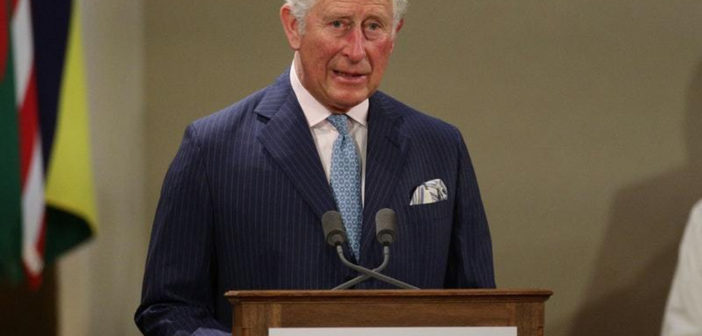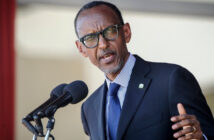Commonwealth leaders voted on Friday to make Prince Charles the next British Commonwealth head. He was unanimously endorsed.
On Thursday, Queen Elizabeth II, formally endorsed her son as her successor to leading the Commonwealth. She asked Commonwealth leaders to vote for Charles, Prince of Wales, as the next leader of the Commonwealth of Nations.
The headship of the Commonwealth is not a hereditary role and is separate from ascension to the British throne, which does follow a hereditary line of succession. As Queen Elizabeth’s firstborn, Charles is expected to inherit the throne upon her death.
Speaking at Buckingham Palace at the Commonwealth Heads of Government Meeting on Thursday, the Queen confirmed her desire to see her son ascend as Commonwealth head. She said, “It is my sincere wish that the Commonwealth will continue to offer stability and continuity for future generations and will decide that one day the Prince of Wales should carry on the important work started by my father in 1949.”
The monarch went on to say, “By continuing to treasure and reinvigorate our associations and activities, I believe we will secure a safer, more prosperous and sustainable world for those who follow us: a world where the Commonwealth’s generosity of spirit can bring its gentle touch of healing and hope to all.”
The Commonwealth of Nations, previously known as the British Commonwealth, is a union of 53 countries, mostly former colonies of the British Empire. Nations in the Commonwealth span the globe and include countries as diverse as India, Australia, Canada, and Kenya. Nearly 2.5 billion people inhabit the Commonwealth nations, almost 1/3rd of the earth’s population. In 16 of these countries, Queen Elizabeth is considered the head of state. The Commonwealth also makes up 1/4th of the world’s territory.
The Commonwealth of Nations has been an institution since 1931. The British Commonwealth is often criticized as a painful artifact of Britain’s colonial past and an opulent bureaucratic nightmare. The Commonwealth is seen by many as being mostly symbolic and impotent. In a post-Brexit world, Britain may leverage on the Commonwealth of Nations for trade opportunities and to maintain its position as a global power.
The Queen, who assumed the throne in 1952, turns 92 on Saturday. Commonwealth summits are usually held every two years. It is expected that Thursday will be the last time the queen addresses the Commonwealth.




